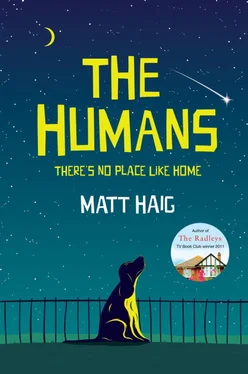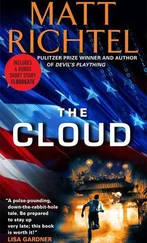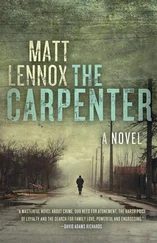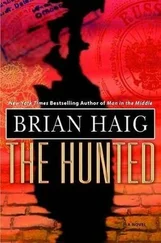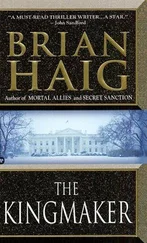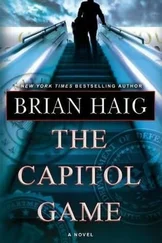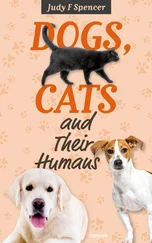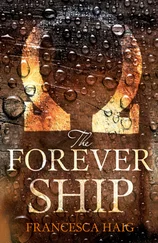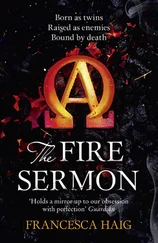I did not want to speak either, but for more practical reasons. Indeed, I worried that I may already have said too much. Maybe the hosts had heard everything I had said in that kitchen. I didn’t know. What I did know was that I had one more thing to do.
They took your powers away, but they didn’t take theirs.
But before I could do anything a car pulled up outside. Isobel was home.
‘Gulliver, it’s your mother. Keep her away. Warn her.’
He left the room. I turned back to the heat of that hot plate and positioned my hand next to where his had been, where pieces of his flesh still fizzed. And I pressed down, and felt a pure and total pain which took away space and time and guilt.
Civilised life, you know, is based on a huge number of illusions in which we all collaborate willingly. The trouble is we forget after a while that they are illusions and we are deeply shocked when reality is torn down around us.
– J.G. Ballard
What was reality?
An objective truth? A collective illusion? A majority opinion? The product of historical understanding? A dream? A dream. Well, yes, maybe. But if this had been a dream then it was one from which I hadn’t yet woken.
But once humans really study things in depth – whether in the artificially divided fields of quantum physics or biology or neuroscience or mathematics or love – they come closer and closer to nonsense, irrationality and anarchy. Everything they know is disproved, over and over again. The Earth is not flat; leeches have no medicinal value; there is no God; progress is a myth; the present is all they have.
And this doesn’t just happen on the big scale. It happens to each individual human too.
In every life there is a moment. A crisis. One that says: what I believe is wrong. It happens to everyone, the only difference is how that knowledge changes them. In most cases, it is simply a case of burying that knowledge and pretending it isn’t there. That is how humans grow old. That is ultimately what creases their faces and curves their backs and shrinks their mouths and ambitions. The weight of that denial. The stress of it. This is not unique to humans. The single biggest act of bravery or madness anyone can do is the act of change.
I was something. And now I am something else.
I was a monster and now I am a different type of monster. One that will die, and feel pain, but one that will also live, and maybe even find happiness one day. Because happiness is possible for me now. It exists on the other side of the hurt.
A face as shocked as the moon
As for Gulliver, he was young, and could accept things better than his mother. His life had never really made sense to him so the final proof of its nonsensical nature was a kind of relief to him. He was someone who had lost a father and also someone who had killed, but the thing he had killed was something he didn’t understand and couldn’t relate to. He could have cried for a dead dog, but a dead Vonnadorian meant nothing to him. On the subject of grief, it was true that Gulliver was worried about his father, and wanted to know that he hadn’t felt any pain. I told him he hadn’t. Was that true? I didn’t know. That was part of being human, I discovered. It was about knowing which lies to tell, and when to tell them. To love someone is to lie to them. But I never saw him cry for his dad. I didn’t know why. Maybe it was hard to feel the loss of someone who had never really been there.
Anyway, after dark he helped drag the body outside. Newton was awake now. He had woken after Jonathan’s technology had melted away. And now he accepted what he was seeing as dogs seemed to accept everything. There were no canine historians, so that made things easier. Nothing was unexpected. At one point he began digging in the ground, as if trying to help us, but that wasn’t required. No grave needed to be dug as the monster – and that was how I referred to it in my mind, the monster – would in its natural state decompose rapidly in this oxygen-rich atmosphere. It was quite a struggle, dragging him out there, especially given my burnt hand and the fact that Gulliver had to stop to be sick at one point. He looked dreadful. I remember watching him, staring at me from beneath his fringe, his face as shocked as the moon.
Newton wasn’t our only observer.
Isobel watched us in disbelief. I hadn’t wanted her to come outside and see but she did so. At that point she didn’t know everything. She didn’t know, for instance, that her husband was dead or that the corpse I was dragging looked, essentially, how I had once looked.
She learnt these things slowly, but not slowly enough. She would have needed at least a couple of centuries to absorb these facts, maybe even more. It was like taking someone from Regency England to twenty-first century downtown Tokyo. She simply could not come to terms with it. After all, she was a historian. Someone whose job was to find patterns, continuities and causes, and to transform the past into a narrative that walked the same curving path. But on this path someone had now thrown something down from the sky that had landed so hard it had broken the ground, tilted the Earth, made the route impossible to navigate.
Which is to say, she went to the doctor and asked for some tablets. The pills she was given didn’t help and she ended up staying in bed for three weeks through exhaustion. It was suggested that she might have an illness called ME. She didn’t, of course. She was suffering from grief. A grief for not just the loss of her husband but also the loss of familiar reality.
She hated me, during that time. I had explained everything to her: that none of this had been my decision, that I had been sent here reluctantly with no task except to halt human progress and to act for the greater good of the entire cosmos. But she couldn’t look at me because she didn’t know what she was looking at. I had lied to her. I’d slept with her. I’d let her tend my wounds. But she hadn’t known who she had been sleeping with. It didn’t matter that I had fallen in love with her, and that it was that act of total defiance that had saved her life and Gulliver’s. No. That didn’t matter at all.
I was a killer and, to her, an alien.
My hand slowly healed. I went to the hospital and they gave me a transparent plastic glove to wear, filled with an antiseptic cream. At the hospital they asked me how it had happened and I told them I had been drunk and leant on the hot plate without thinking, and without feeling the pain until it was too late. The burns became blisters and the nurse burst them, and I watched with interest as clear liquid oozed out.
Selfishly I had hoped at some point that my injured hand might trigger some sympathy from Isobel. I wanted to see those eyes again. Eyes that had gazed worriedly at my face after Gulliver had attacked me in his sleep.
I briefly toyed with the idea that I should try and convince her that nothing I had told her was true. That we were more magic realism than science fiction, specifically that branch of literary fiction that comes complete with an unreliable narrator. That I wasn’t really an alien. That I was a human who’d had a breakdown, and there was nothing extraterrestrial or extramarital about me. Gulliver might have known what he had seen, but Gulliver had a fragile mind. I could easily have denied everything. A dog’s health fluctuates. People fall off roofs and survive. After all, humans – especially adult ones – want to believe the most mundane truths possible. They need to, in order to stop their world-views, and their sanity, from capsizing and plunging them into the vast ocean of the incomprehensible.
But it seemed too disrespectful, somehow, and I couldn’t do it. Lies were everywhere on this planet, but true love had its name for a reason. And if a narrator tells you it was all just a dream you want to tell him he has simply passed from one delusion into another one, and he could wake from this new reality at any time. You had to stay consistent to life’s delusions. All you had was your perspective, so objective truth was meaningless. You had to choose a dream and stick with it. Everything else was a con. And once you had tasted truth and love in the same potent cocktail there had to be no more tricks. But while I knew I couldn’t correct this version of things with any integrity, living with it was hard.
Читать дальше
